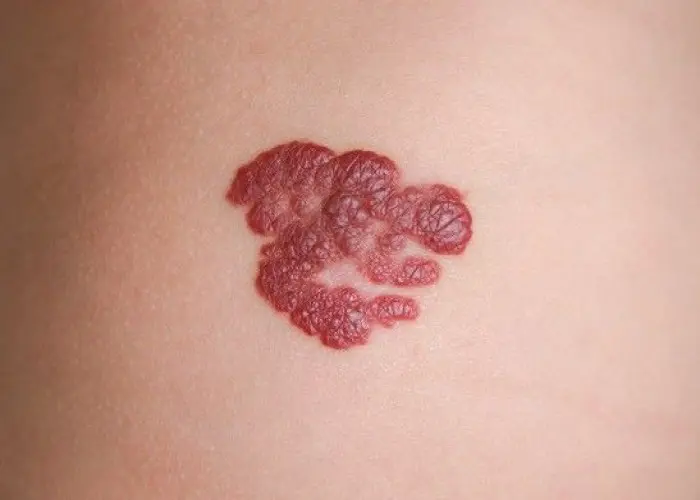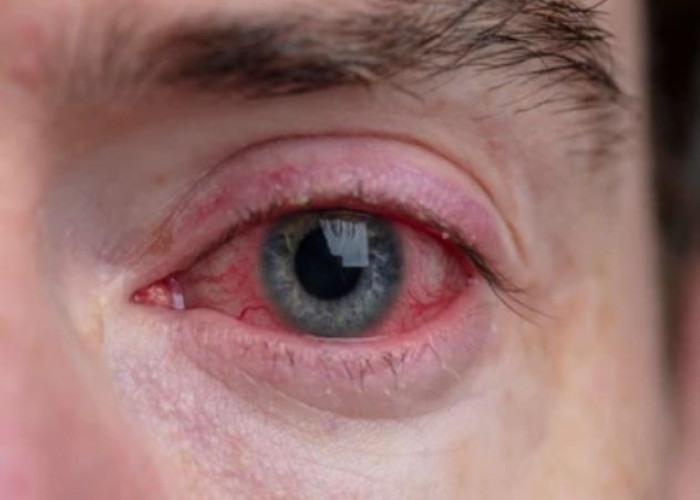 Welcome
Welcome
“May all be happy, may all be healed, may all be at peace and may no one ever suffer."
Blepharitis

Blepharitis is a common condition that causes inflammation of the eyelids, usually at the base of the eyelashes. It can be caused by bacteria, skin conditions such as rosacea or seborrheic dermatitis, or allergies. Symptoms may include redness, swelling, itchiness, and crusting or scaling of the eyelashes. Treatment for blepharitis may include warm compresses, eyelid scrubs, and medication such as antibiotics or corticosteroids to reduce inflammation. In some cases, underlying skin conditions or allergies may need to be treated to manage the symptoms of blepharitis. Regular eyelid hygiene can help prevent recurrence of blepharitis.
Research Papers
Disease Signs and Symptoms
- Excessive tears in eyes
- Red eyes (conjunctivitis)
- Swollen eye (Conjunctivitis)
- Crusted eyelashes
- Eyelid sticking
- Frequent eye blinking
- Sensitivity to light (Photophobia)
- Blurred vision that usually improves with blinking
- Flaking of the skin around the eyes
Disease Causes
Blepharitis
The exact cause of blepharitis isn't clear. It might be associated with one or more of the following:
- Seborrheic dermatitis — dandruff of the scalp and eyebrows
- Infection
- Clogged or malfunctioning oil glands in your eyelids
- Rosacea — a skin condition characterized by facial redness
- Allergies, including allergic reactions to eye medications, contact lens solutions or eye makeup
- Eyelash mites or lice
- Dry eyes
Disease Prevents
Disease Treatments
Self-care measures, such as washing your eyes and using warm compresses, might be all that's needed for most cases of blepharitis. If self-care measures aren't enough, your doctor might suggest prescription treatments, including:
- Medications that fight infection. Antibiotics applied to the eyelid have been shown to provide relief of symptoms and resolve bacterial infection of the eyelids. These are available in several forms, including eyedrops, creams and ointments.
- If you don't respond to topical antibiotics, your doctor might suggest an oral antibiotic.
- Medications to control inflammation. Steroid eyedrops or ointments are used for this, generally only for people who don't respond to other therapies. Your doctor might prescribe both antibiotic and anti-inflammatory drugs.
- Medications that affect the immune system. Topical cyclosporine (Restasis) has been shown to offer relief of some signs and symptoms of blepharitis.
- Treatments for underlying conditions. Blepharitis caused by seborrheic dermatitis, rosacea or other diseases might be controlled by treating the underlying disease.
Other treatment options, such as using intense pulsed light might unclog the glands. More study is needed.
Blepharitis rarely disappears completely. Even with successful treatment, the condition frequently is chronic and requires daily attention with eyelid scrubs. If you don't respond to treatment, or if you've also lost eyelashes or only one eye is affected, the condition could be caused by a localized eyelid cancer.
Disease Diagnoses
Disease Allopathic Generics
Disease Ayurvedic Generics
Disease Homeopathic Generics
Disease yoga
Blepharitis and Learn More about Diseases

Double uterus

Hemangioma

Nail fungus

Gallstones

Lung cancer

Hamstring injury

Whooping cough

Henoch-Schonlein purpura
Blepharitis, Blepharitis treatment, Posterior blepharitis, চোখে প্রদাহ
To be happy, beautiful, healthy, wealthy, hale and long-lived stay with DM3S.
